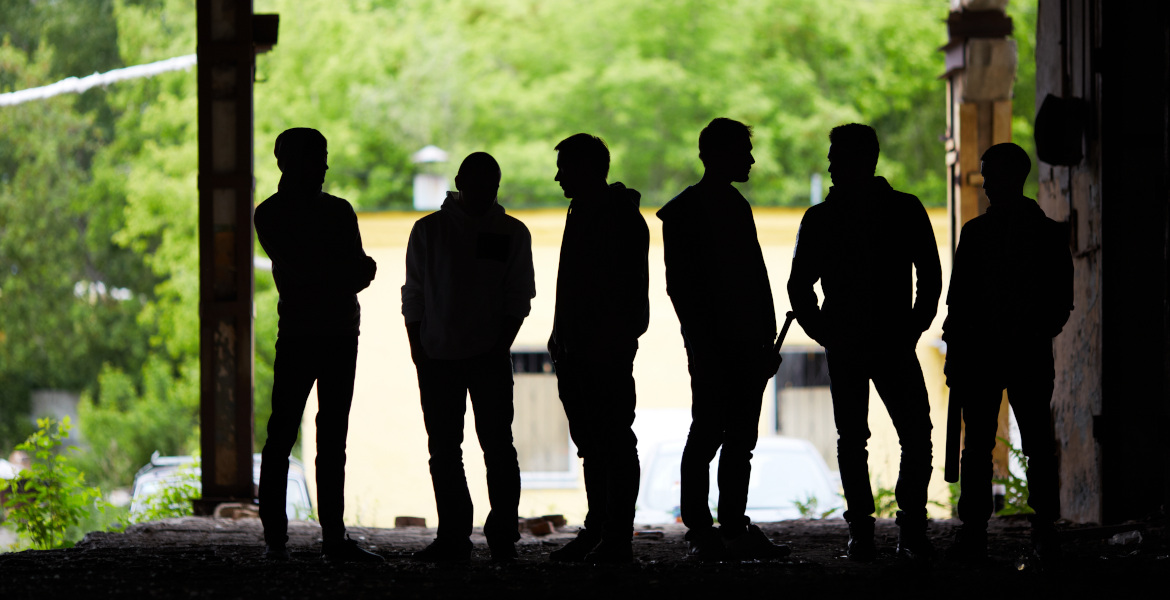Stockholm's construction industry faces an uphill battle against rogue companies and a growing wave of criminal activity. Everything from human exploitation to undeclared work and money laundering plague the industry. The problems are widespread and continue on a large scale despite strict official regulations and monitoring.
Since Sweden joined the EU in the 1990s, and the much-vaunted free movement of people was introduced, the Swedish construction industry has had to wage an increasingly intense battle against rogue and, in many cases, outright criminal actors.
In 2023, nearly 300 cases ranging from low wages to dirty human exploitation were reported to the Fair Play Bygg whistleblower service in the Stockholm area alone. However, the number of unreported cases is estimated to be high and to occur throughout the country.
Scams involving illegal immigrants
Several of the reports have been forwarded to the relevant authorities, such as the police, the Swedish Economic Crime Authority and the Swedish Tax Agency.
One of the cases shows how illegal workers are forced to perform dangerous tasks for a wage of only SEK 45 per hour. In this case, there is an accountant who is not only a partner in the company, but is also linked to several other construction companies with large tax debts.
Another revelation shows fraud with ID06 cards. A reported company has more active ID06 cards than actual employees. According to the report, employees are forced to withdraw their wages in cash and return most of it to the company. The money is then used to pay both undocumented and illegal workers.
A third report describes how workers were evicted from their homes after demanding their wages. These homes are also owned by the company. The company has also avoided paying employer contributions and taxes, which is common among the more rogue players in the sector.

People on sick leave are exploited
Several companies have established a practice of exploiting state activity support. A number of companies deliberately break the rules by forcing workers on sick leave to do heavy and stressful work. These jobs are rarely long-term, as workers are often dismissed and quickly replaced by new ones who depend on the subsidy to survive.
Companies exploiting construction workers on sick leave to do heavy work under the guise of activity support are only part of the large-scale criminal activity. Tomas Kullberg, president of workers' organization Byggnads Stockholm-Gotland and spokesman for Fair Play Bygg, describes the grim situation.
– We have seen the emergence of a shadow society where large amounts of tax money disappear from the public welfare system and where foreign workers are exploited, says Tomas Kullberg.
Millions of dollars recovered
Fair Play Bygg's work has led to companies being forced to pay millions in unpaid taxes, but the problems continue to grow. While housing construction in Stockholm halved in 2023, crime in the industry also changed.
Defrauding government wage guarantees has also become more common, with rogue actors exploiting the system for their own gain. Kristin Andersson, CEO of the Swedish Construction Association.
– Fair Play Bygg's work has resulted in tax increases of SEK 124 million, which we are proud of. But now it is time to take swift action against bad actors and promote healthy competition in the construction industry.
Byggnads wants to stop fraud
To combat the epidemic of corruption and crime, Byggnads has launched the Swedish Construction Control project.
Svensk Byggkontroll - stopp för fusk och arbetslivskriminalitet. https://t.co/xoyjt8MESO
— Kerstin Morén (@khm90432) March 21, 2024
The project aims to stop fraud and crime in the workplace by reporting suspicious activities to the authorities and trying to remove rogue companies from the workplace.
– It's been a hard job of recruitment and it feels really good to have everything in place. The goal is simple: criminal companies should not bother to enter our industry. The serious companies will survive and grow, says Johan Lindholm, chairman of Byggnads.
The head of Svensk Byggkontroll will be Peter Sjöstrand, the former secretary of the agreement and deputy chairman of Målarna.
– This has all the potential to be a real game changer in the industry. I am very much looking forward to leading the work for a healthier construction industry.





